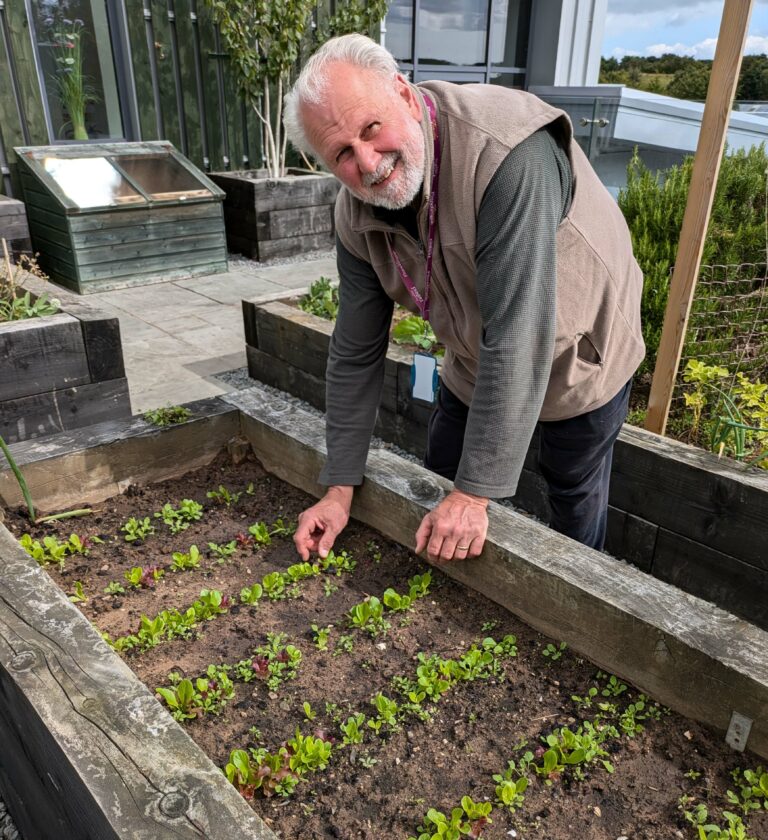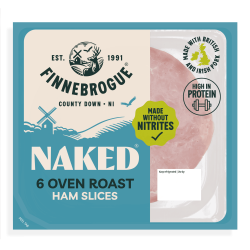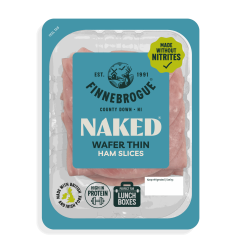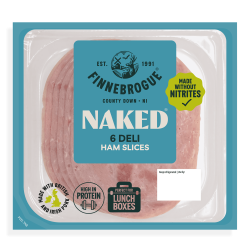This week marks another milestone in our journey towards sustainability: the first of our home-grown veggies were picked by our green-fingered colleague Denny and served up for lunch in our subsidised Roof Garden canteen. This exciting development not only celebrates our commitment to reducing our carbon footprint, but also enhances our community spirit and promotes healthier eating habits.
The menu featured mouthwatering roast beef, complemented by buttery mash, home-grown savoy cabbage, steamed carrots, Yorkshire pudding, and rich gravy.
Our garden is thriving at the minute with a variety of salad leaves, kale, cauliflower, tomatoes, and a range of herbs, providing endless possibilities for nutritious and sustainable meals.
Why Grow Your Own Vegetables?
1. Environmental Impact: Reducing the distance food travels from farm to plate decreases carbon emissions and lessens the reliance on fossil fuels. By growing our own vegetables, we contribute to a healthier planet.
2. Health Benefits: Freshly picked vegetables retain more nutrients and flavours compared to store-bought ones that often lose their vitality during transportation and storage. Eating fresh, home-grown produce supports a healthier diet and lifestyle.
3. Cost-Effective: Cultivating a vegetable garden can significantly cut down on grocery bills. Seeds and seedlings are relatively inexpensive, and the return on investment is high, especially with a diverse garden.
4. Educational Value: Gardening provides an excellent opportunity to learn about plant biology, ecology, and the food cycle. It can be a rewarding experience for all ages, fostering a deeper connection to nature and understanding of where our food comes from.
5. Community Building: Working together in a garden strengthens community bonds and fosters a sense of shared responsibility and achievement. The collective effort of nurturing and harvesting vegetables can be both socially and emotionally fulfilling.
GETTING STARTED
Starting a vegetable garden doesn’t require a large space. Urban gardening initiatives, like our Roof Garden, demonstrate that even small areas can yield bountiful harvests. Begin with easy-to-grow vegetables such as tomatoes, salad leaves, and herbs. Ensure your garden has access to sunlight, water, and nutrient-rich soil.
Read more about Bigger Picture, Finnebrogue’s programme for people and planet.












